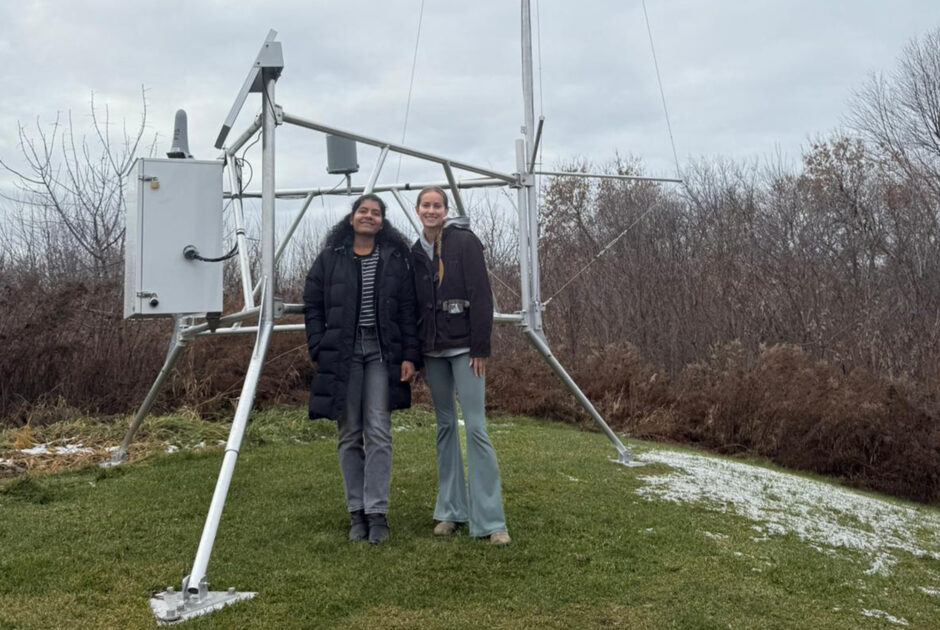Campus food services makes the switch back to plastic coffee lids from paper ones

After months of using paper compostable coffee lids at its food outlets, the college’s food services team has decided to switch back to using plastic lids for the foreseeable future.
From the Fall 2023 to early Winter 2024 semesters, AC Food Services featured a paper lid which could be recycled.
“Originally, when we addressed our packaging it’s because the Canadian plastic ban was announced, we knew it was coming, so we started looking at options,” said Emma Kaye, the wellness and sustainability coordinator for Food Services. She is the person in charge of testing the lids that get used on campus.
As Canadian laws surrounding sustainability change, Algonquin College food services’ decisions change too, including what lids they use for their hot beverages.
After the Canadian Government’s plastic ban was announced in early 2022, restaurants and other food providers made changes to plastic packaging, switching the material where possible.

However, opinions were mixed about this change.
Kaye says that there was a “resounding amount” of feedback received about the paper compostable lids in their surveys. Most of the complaints received related to sogginess, staining and improper fitting onto the cups provided for hot beverages.
Radio broadcasting student Matt Pybus wasn’t a fan of the paper lids. “The texture of the paper lids, all paper,” they said. “I ate paper as a kid, I don’t need more of it.”
While Algonquin College Food Services has now gone back to a plastic lid, many behind-the-scenes discussions surrounding what lid to use have been ongoing.
“What I do is I look into options available we have through our current suppliers. I also look at outside suppliers to see what might be available and see if we could get it on campus. I would then bring in samples to test those,” Kaye said. “Usually, we test them in the office first, if we hate them then they don’t get farther than that.”
However, Kaye also expressed the potential for change if the small-scale tests are successful.
“If we like them, we look at pricing and things like that,” Kaye said. “See if we can implement them on a larger scale.”
Kaye stated that there’s a bigger process behind the scenes. Any prototypes that food services look to implement into their outlets get tested in their own office first. If staff likes a sample, they test it in a small food services location. If the staff doesn’t like it, then it doesn’t leave office testing.
Despite this, Kaye said that Food Services is still looking for alternative compostable solutions.
“We switched back [to plastic] because of the main customer feedback,” she said. “We’re going to still look into compostable options in the future, it doesn’t mean we’ll never go back. It just wasn’t the right fit at this time due to the feedback that we were hearing.”
Although Food Services have switched back to plastic, the kind of plastic has changed. Before the compostable lid change, the plastic lids were a category six plastic, polystyrene.
Polystyrene is now a banned plastic in Canada.
The new plastic lids consist of a category five plastic, polypropylene. Kaye said that polypropylene is an improvement on the plastic recyclability.
While the compostable lids are being phased out across campus in exchange for the polypropylene lids, there is a community within the college that continues to rally behind compostable solutions.
“It would be great if they [continued to] use compostable cups,” said Niraliben Darji, a second-level business accounting student.








